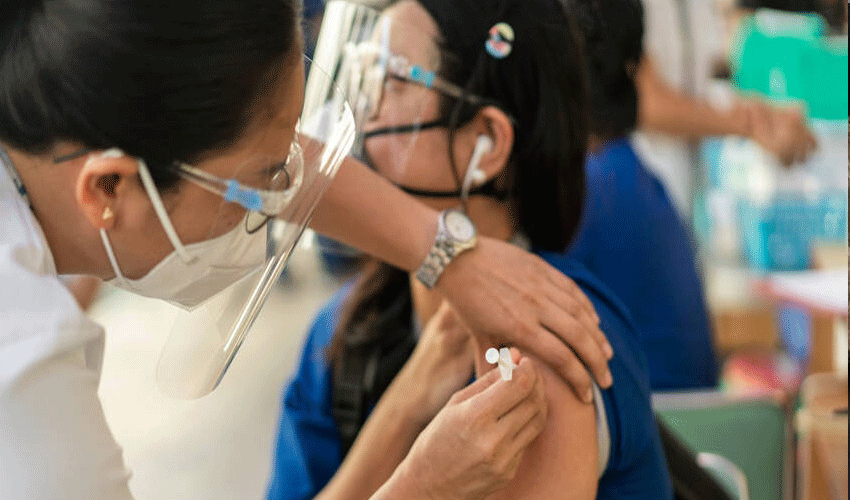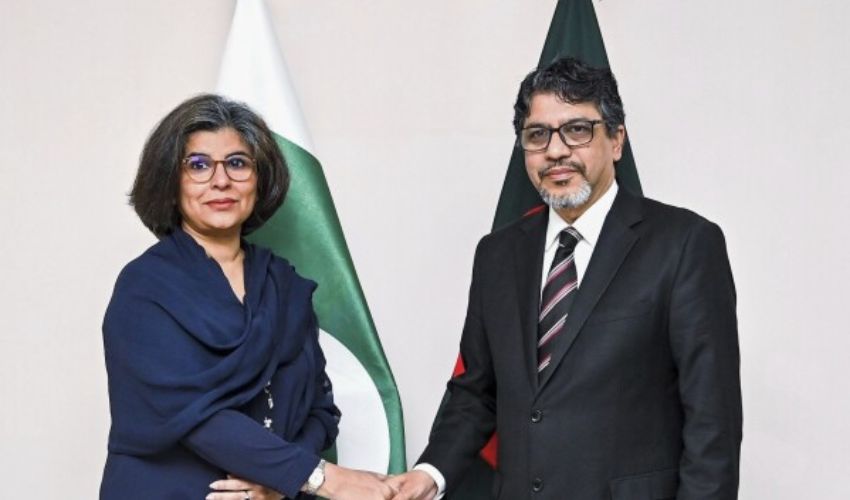Member states of the World Health Organisation (WHO) have reached a significant agreement on a legally binding pact aimed at preparing the world for future pandemics, the UN agency said on Wednesday.
The accord, finalised after more than three years of negotiations, outlines comprehensive measures to bolster global collaboration and enhance readiness against emerging pathogens, following the devastating impact of the Covid-19 pandemic, which claimed millions of lives between 2020 and 2022.
The agreement includes the establishment of a pathogen access and benefit-sharing system, along with a commitment to develop geographically diverse research and development capacities. It also proposes the creation of a global supply chain and logistics network, while calling for stronger, more resilient health systems across member countries.
“After more than three years of intensive negotiations, WHO member states took a major step forward in efforts to make the world safer from pandemics,” the organisation said in a statement.
The development is widely seen as a victory for the WHO, which has come under increasing pressure in recent years due to sharp reductions in foreign funding, particularly from the United States.
The United States, once a key player in early discussions, withdrew from the negotiations earlier this year following an executive order by President Donald Trump in February, which also formalised the country’s exit from the WHO.
Despite Washington’s withdrawal, global health experts hailed the agreement as a testament to international solidarity and the importance of multilateral action.
“This is a historic moment and a show, that with or without the US, countries are committed to working together and to the power of multilateralism,” said Nina Schwalbe, founder of Spark Street Advisors, a global health think tank, while speaking to Reuters.
The proposal will be presented for formal consideration at the World Health Assembly policy meeting scheduled for May.



























